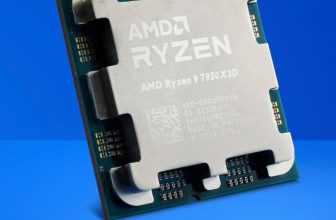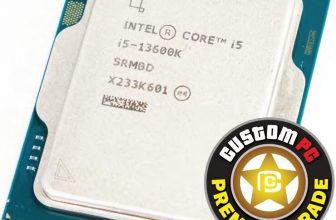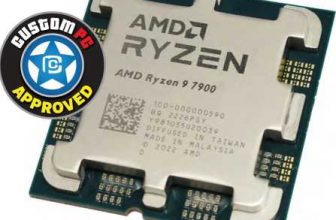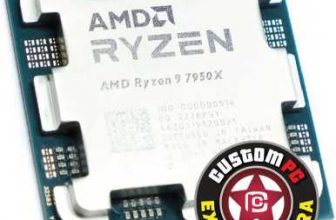AMD Ryzen 9 5950X Review
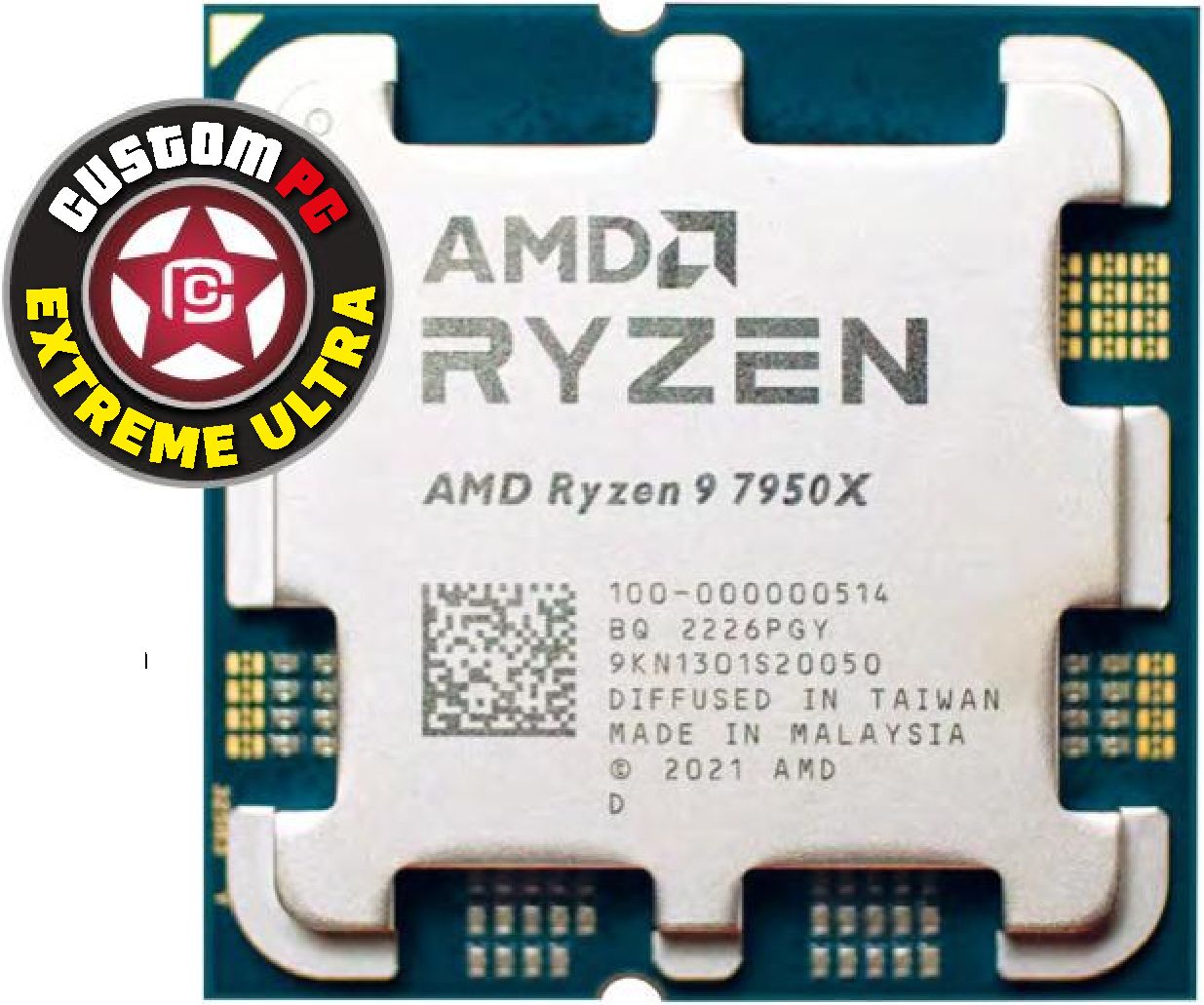
This autumn is going to represent an interesting battle for the CPU performance crown, with AMD’s new 5nm Zen 4 microarchitecture vying for pole position against the expected Core i9-13900K from Intel. However, while AMD has made huge performance gains from shrinking the manufacturing process and introducing a new microarchitecture, it hasn’t increased the core count on its latest flagship compared with its predecessor. Read our AMD Ryzen 9 5950X Review.
ANTONY LEATHER
The Ryzen 9 7950X still has the same 16 cores (and 32 threads via SMT) as the Ryzen 9 5950X, and it’s similarly based on two core complex dies (CCDs) with eight cores each. It also has a much higher TDP of 170W, compared to 105W for the Ryzen 9 5950X. Overclocking the latter offered huge gains in multi-threaded performance, so it looks as though AMD has increased the power available to it in order to clock up the boost frequencies.
SPEC
| Base frequency | 4.5GHz |
| Max boost frequency | 5.7GHz |
| Core | Zen 4 |
| Manufacturing process | 5nm |
| Number of cores | 16 (32 threads) |
| IGP | AMD Radeon Graphics |
| Simultaneous Multithreading (SMT) | Yes |
| Cache | 64MB L3, 16MB L2 |
| Memory controller | Dual-channel DDR5, up to 5200MHz |
| Packaging | AMD Socket AM5 |
| Thermal design power (TDP) | 170W |
| Features | Precision Boost 2, Precision Boost Overdrive 2, FMA3, F16C, SHA, BMI / BMI1 + BMI2, AVX-512, AVX2, AVX, AES, SSE4a, SSE4, SSSE3, SSE3, SSE2, SSE |
Indeed, the Ryzen 9 5950X has a massive 5.7GHz peak boost frequency, compared to 4.9CHz for the older CPU. Even if both CPUs processed the same number of instructions per clock (IPC) at stock speed, that boost would offer a sizable jump in performance, but AMD is also claiming a 13 per cent uplift in IPC too.
We’ll know more about Intel’s plans by the time this magazine hits the shelves, but if rumours are to be believed, it looks set to increase the core counts for its flagship to a possible 24 cores, meaning AMD may have its work cut out if it wants to compete.
Back to the Ryzen 9 7950X, under the hood is an L2 cache that has doubled in size to 16MB (1MB per core), which should cut latency as well as boost performance. There’s also a new front end, plus improvements to branch prediction and the execution engine, which all improve performance further. You can read all about the architectural details in our deep dive feature on p64.
Also, don’t forget that you get integrated Radeon RDNA2 graphics inside the chips too, although it’s only powerful enough to drive displays rather than games according to AMD, plus there’s now AVX-512 support, although AMD’s 256-bit wide SIMD design means AVX-512 instructions will take two cycles to execute, as opposed to a single cycle on Intel’s full 512-bit wide SIMD machine.
Those quoted clock speeds aren’t just theoretical either. We saw peak all-core boost frequencies of up to 5.2GHz, which is a huge increase over its predecessor, with the single-core boost often hitting 5.7GHz. What’s more, if you’re concerned about heat and power draw, AMD has introduced a feature called Eco Mode. This allows you to drop the TDP from the standard 170W to either 105W or even 65W.
At the time of writing, you had to enter specific power limits into the EFI’s Precision Boost settings in order to enable this, but AMD has told us that this feature should be a one-click affair soon after the launch, both in motherboard EFIs and in its Ryzen Master software.
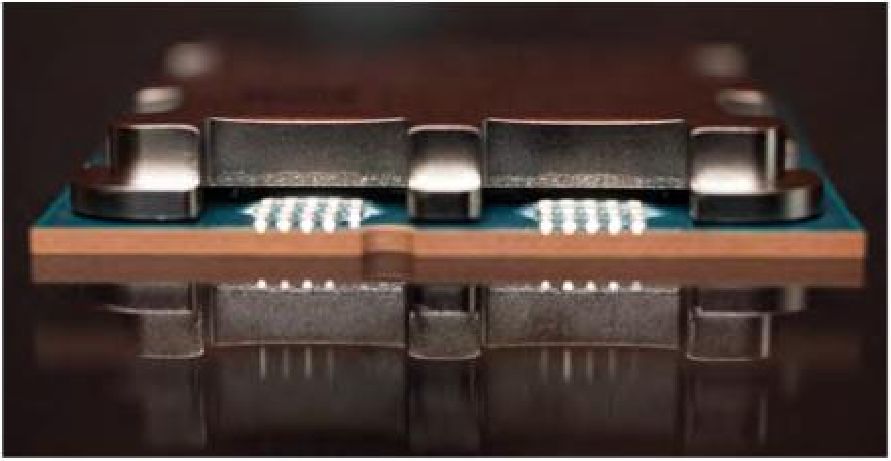
That’s just as well, as the Ryzen 9 7950X is a rather toasty CPU out of the box. Its core temperature regularly rose to 90°C in multi-threaded workloads, even with our custom water-cooling loop hooked up to it, which means a manual overclock is best avoided – AMD’s automatic overclocking features are going to be better options.
However, this temperature fell dramatically when using Eco Mode, largely due to boosting frequencies being curtailed, falling to a 4.7-4.9GHz all-core boost at 105W and 3.6-3.8GHz at 65W.
Incredibly, though, even at 65W the 7950X’s Cinebench multi-threaded score of 29,821 was still faster than those of the Core i9-12900KS and Ryzen 9 5950X, with dramatically lower temperatures. When using the 105W profile, the score was well above 30,000 points at 31,165, but still a fair way from matching the monstrous 170W score of 38,422 that absolutely obliterated the competition.
The 7950X also recorded the fastest result we’ve seen in the image editing test of 93,724, which mostly stresses single-threaded performance, outstripping even the mighty Core i9-12900KS by over 7,000 points and achieving 1,397,365 in our heavily multi-threaded Handbrake video encoding test, which was nearly 40 per cent higher than the Ryzen 9 5950X. The system score of 495,461 is the best result we’ve ever seen, and by a long way, with only the Core i9-12900KS also being able to break the 400,000 point barrier with a score of 412,369.
The single-threaded Cinebench test was less impressive, with the Core i9-12900KS able to top the 2,050 scored by the new AMD CPU – but only just – with the standard Core i9-12900K notable to crack the 2,000-point mark. The Ryzen 9 5950X, though, could only manage 1,653, which goes to show just how much AMD’s lightly threaded performance has increased with this new generation.
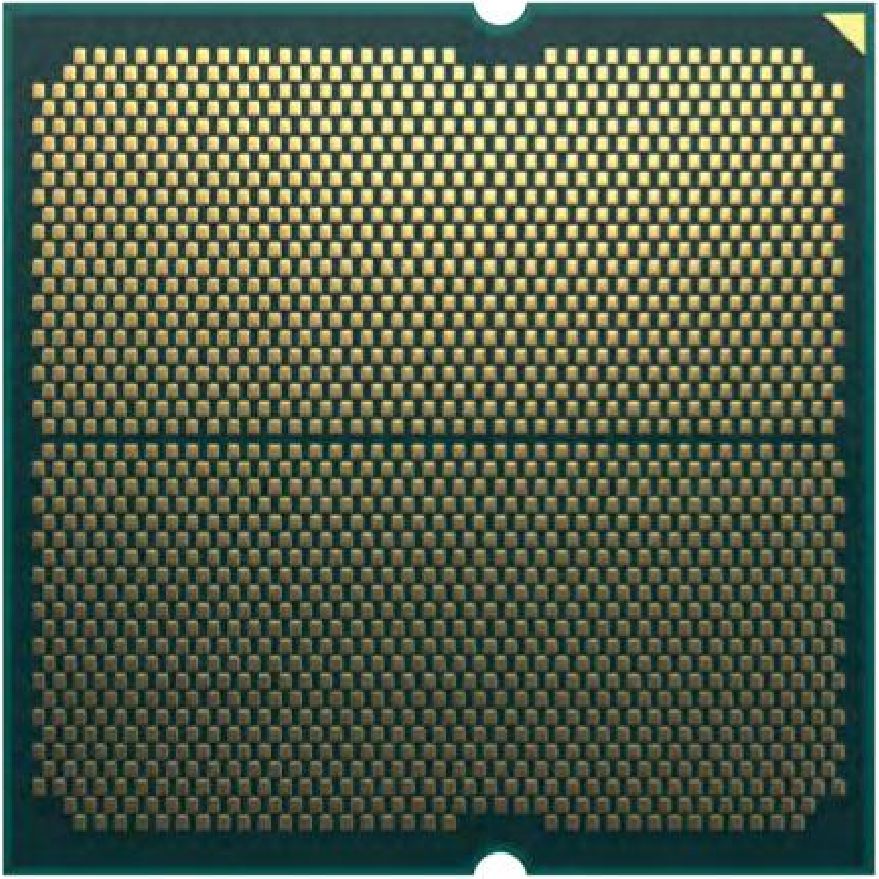
Games were faster too, although the Ryzen 97950X was a little behind the Ryzen 77700X in Watch Dogs: Legion and didn’t make many gains over Intel’s 12th-gen CPUs, even if it was noticeably faster than AMD’s older Zen 3 CPUs here. Far Cry 6 saw the flagship 7950X hit 101fps on the 99th percentile result, which matched the Core i9-12900KS and beat the Core i9-12900K by 10fps, but the Ryzen 7 5800X3D was still a little faster.
Conclusion
As expected, AMD’s Ryzen 9 7950X is an absolute monster, and it comes with a price to match. While it’s not the killer gamer CPU that many had anticipated, it’s much faster than previous AMD CPUs, except for the Ryzen 7 5800X3D. However, when it comes to content creation, this is the most powerful mainstream desktop CPU we’ve ever tested by a long way – it absolutely annihilates the competition.
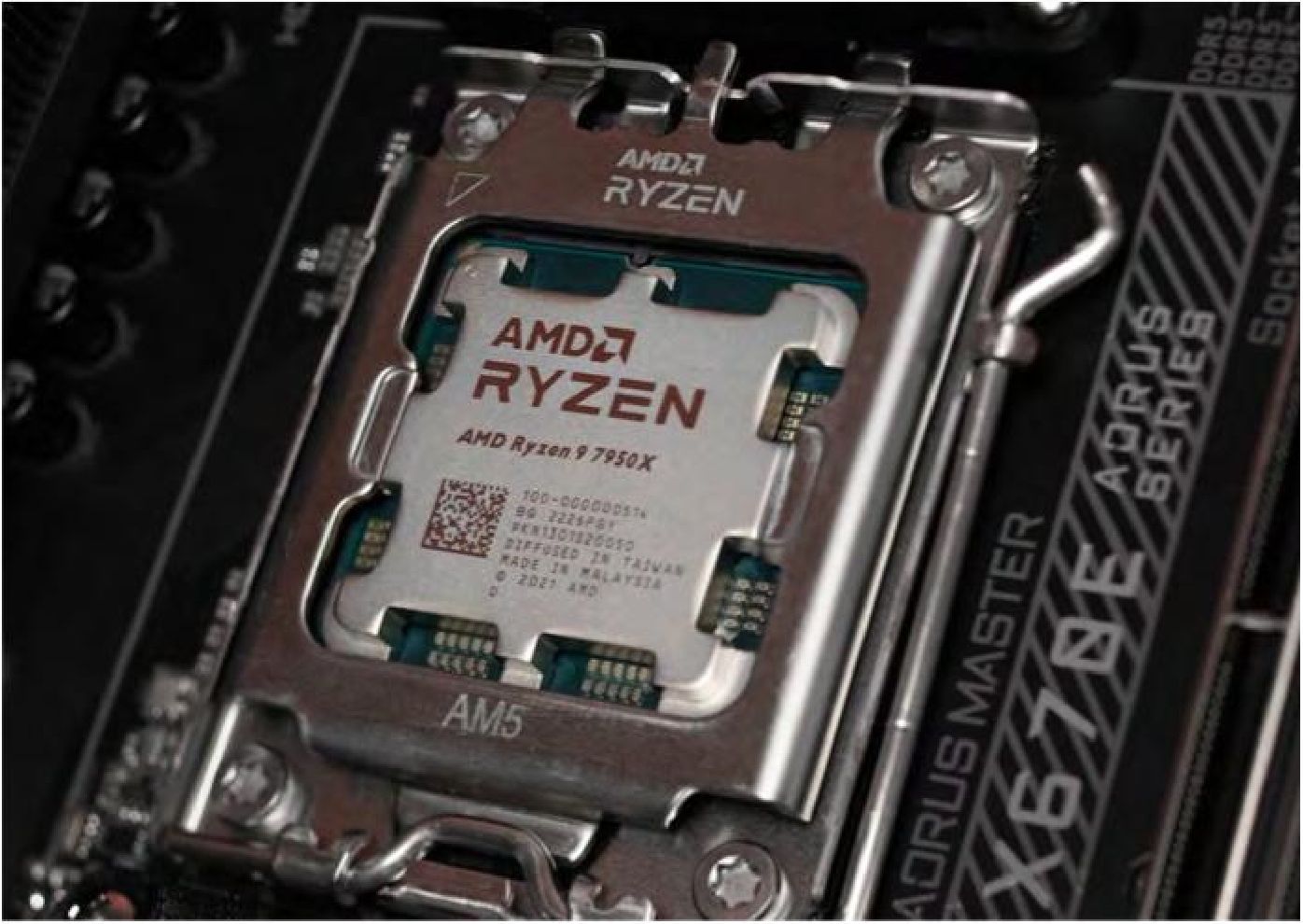
What’s particularly interesting is AMD’s Eco Mode, which could help to rein in temperatures so that even modest air coolers can cope with this beast of a CPU, yet still offer performance that outstrips any other option. If you want a CPU that’s ludicrously fast at every single job, then this is currently the one to get, at least until Intel launches its 13th-gen CPUs later this year.
VERDICT
When you purchase through links on our site, I may earn an affiliate commission. Here’s how it works.







